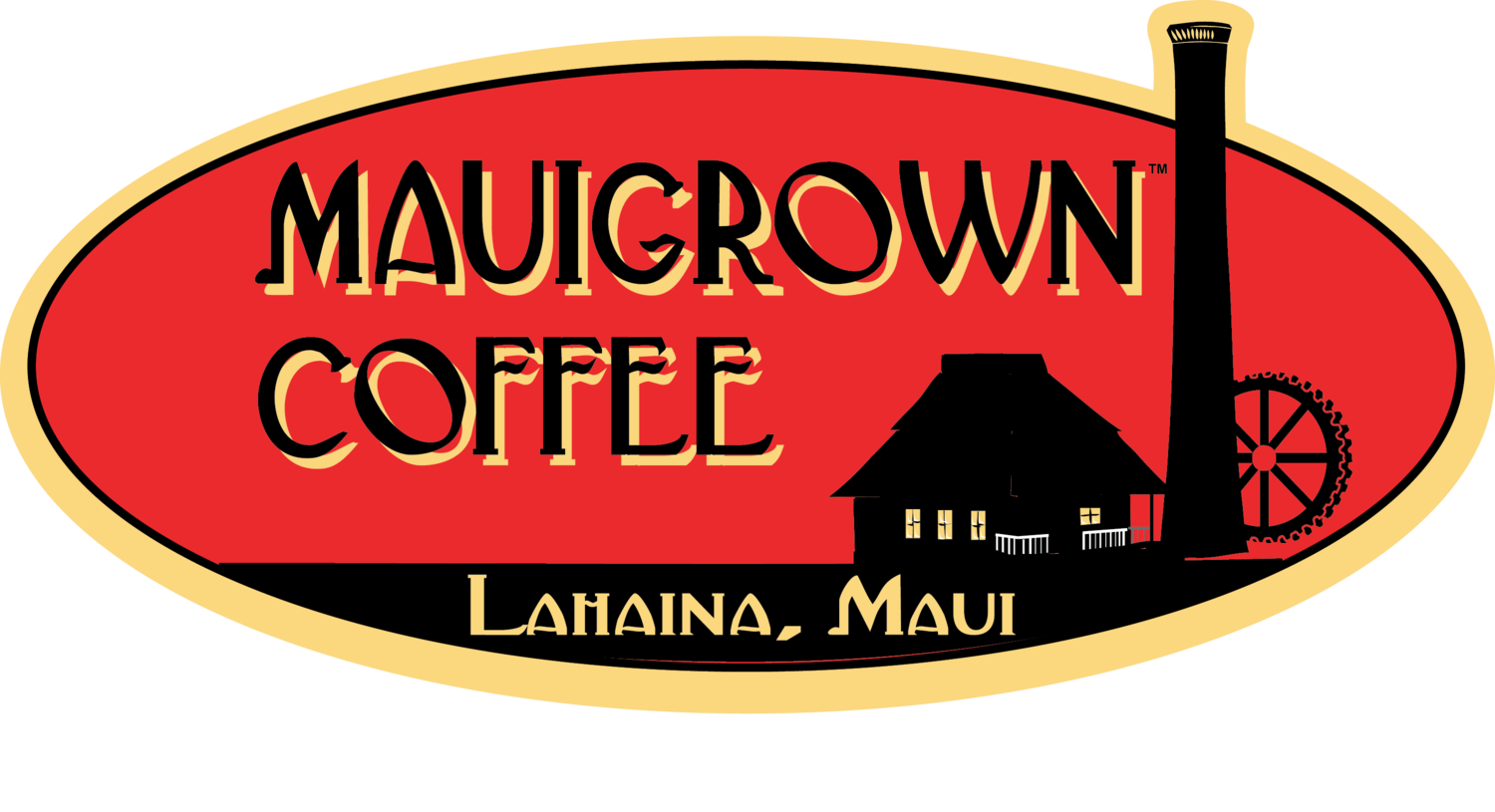Growing and processing methods continue to pay off for MauiGrown Coffee
/As MauiGrown Coffee prepares for its new harvest season next month, the company is optimistic about the future of their 100% MAUI Origin Coffee thanks to their unique varietal approach to coffee, innovative coffee growing and processing methods, and a strong demand locally and nationally for their products.
“It’s exciting to see how far we’ve come since the first coffee field trials were conducted in the State of Hawaii,” said Kimo Falconer, president of MauiGrown Coffee.
Back in 1988, Pioneer Mill participated in a University of Hawaii College of Tropical Agriculture & Human Resources field trial experimenting with over 23 coffee varietals in different test plots throughout the major Hawaiian Islands. As a result of this trial, four coffee Arabica varietals – Yellow Caturra, Red Catuai, Typica and Mokka – were found to best match the growing conditions of West Maui.
"We planted all four varietals. At the time, it was cutting edge to have multiple coffee varieties planted on a single estate,” said Falconer. “Today this varietal approach is industry practice. Much like fine wine being distinguished by varietals, so too gourmet coffee is offering the consumer many cup profiles from a single coffee estate.”
MauiGrown Coffee’s unique cultivation approach to growing coffee is not the only thing paying off – their processing methods for their coffee varietals is also contributing to the company’s growing success.
“Our Yellow Caturra coffee varietal received great reviews at the Cafe Show in Seoul, South Korea last November,” said Falconer. “We feel this is due to the refinement of our processing techniques in the Wet and Dry Mills, timing of picking and overall maturation of the trees. These refinements have helped our Natural coffees overall resulting in only subtle visual differences between the Naturals and Washed coffees and, more importantly, in the cup, where cuppers can clearly distinguish the fruit and not the ferment.”
The percentage of Washed process coffees which are about 40% of the harvest, has increased over the last couple years due to the timing of picking. The quality of coffee has also improved overall due to the addition of two fermentation tanks. Even the company’s signature Maui Mokka™ has undergone changes.
“We modified Maui Mokka’s processing technique to store the dried cherry raisin for about six months prior to running it through the Dry Mill,” said Falconer. “This technique enhances the body and brings out the hearty plum, cherry, and dark chocolate notes and accentuates the characteristics of this particular varietal.”
Coffee connoisseurs continue to take note of Maui Mokka’s exceptional flavor. In fall 2012, Maui Mokka™ was chosen by Starbucks® Coffee to be included in their esteemed Starbucks Reserve Coffee® product line, as well as being served in select Starbucks Clover stores. According to Starbucks®, they screen through thousands of coffees from all over the world and only a precious few are exceptional enough to become a Starbucks Reserve® Coffee. Coffee critics and consumers worldwide also give Maui Mokka™ high marks for producing a superb cup of coffee.
“We’ve learned a lot through the years,” said Falconer. “But some things stay the same, like our passion for growing and producing exceptional coffee. We love what we do and we’re proud to share the fruits of our labor with the world.”
The public may take self-guided tours of MauiGrown Coffee’s coffee estate located in the Ka`anapali Coffee Farms community in West Maui. Those who have recently visited any coffee farms on the Big Island, where the Coffee Berry Borer pest is prevalent, are advised to take precautions when visiting any farms to prevent this pest from spreading to other islands.










